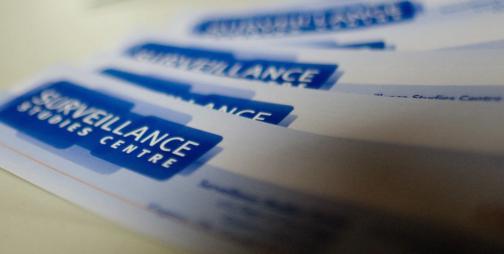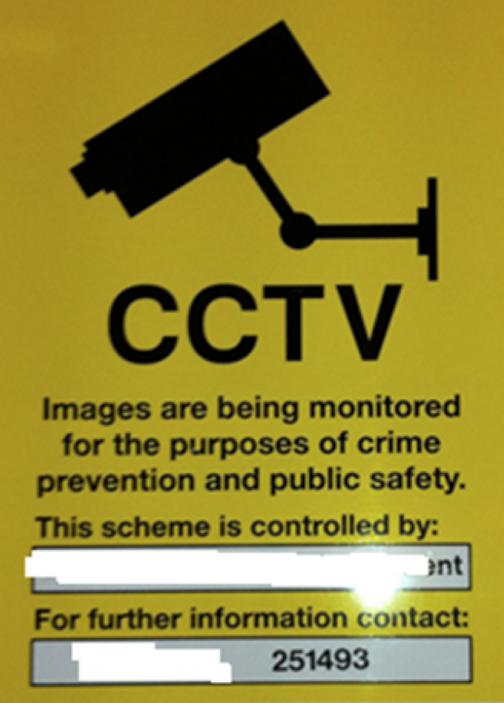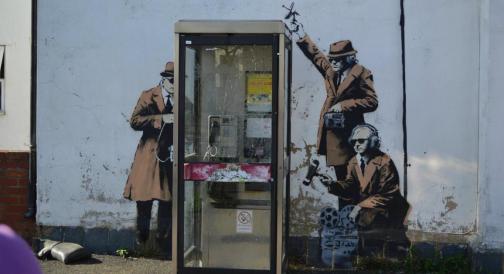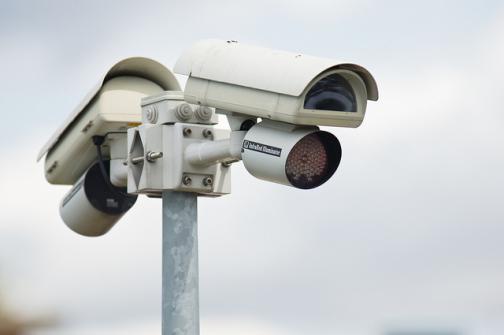CRISP partners, the Surveillance Studies Centre at Queens University, Canada, are offering two PhD Scholarships starting in September 2016.
The studentships are available in the Department of Sociology at Queen’s University and are funded by the SSHRC Partnership Grant "Big Data Surveillance”. They will be supervised by David Lyon and/or David Murakami Wood. The project is...














